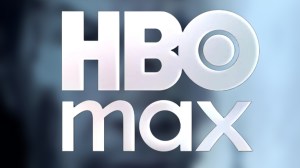Mattel has prevailed in a jury trial against reality TV producer Norton Herrick, who had accused the toy giant of stealing his idea for the TV series that would eventually become 2017’s The Toy Box. According to his claim, Herrick had pitched a similar concept, then called “Playmakers,” and Mattel had expressed interest. Instead of making Playmakers, they went ahead with The Toy Box, which Herrick had claimed was a copy of his concept. The jury disagreed, and dismissed Herrick’s claims of breach of an implied contract, breach of confidence, fraud-misrepresentation, fraud-concealment and misappropriation of trade secrets.
Videos by ComicBook.com
The civil suit took place in Santa Monica, and brings a close to the latest chapter in a lawsuit that was launched back in 2018. He claims that his show was about toy inventors who would pitch their wares to child judges for prize money. That is a very similar concept to The Toy Box, with the added wrinkle that Mattel’s version put the toy on the shelves at Toys “R” Us after the competition was over. The show’s cancellation coincided with the timing of Toys “R” Us’s closure.
Herrick says he pitched Playmakers back in 2014, and that Mattel had indicated to him that they were going to move forward with the show before deciding to make The Toy Box instead, without Herrick. Variety, who first reported on the verdict, notes that it’s rare for cases like this to go to trial, with most cases settling, or plaintiffs dropping the case rather than risk their future employment.
Given the frequency of pitches to big studios, it is not uncommon for writers to feel like aspects of their pitch have been used in projects without their permission or involvement. ABC faced similar charges when they opted to make Once Upon a Time after having heard a pitch for a show based on DC/Vertigo’s Fables, and Alan Moore and Fox were sued by a man who said he thought League of Extraordinary Gentlemen was too similar to something he had pitched to the studio.
Herrick’s lawyers argued it was nearly impossible for Mattel to have heard his pitch and come up with something so similar by themselves. Given that both premises are fairly similar to shows like Shark Tank, it’s possible the jury decided that the concept was simple enough to “find” without help.








